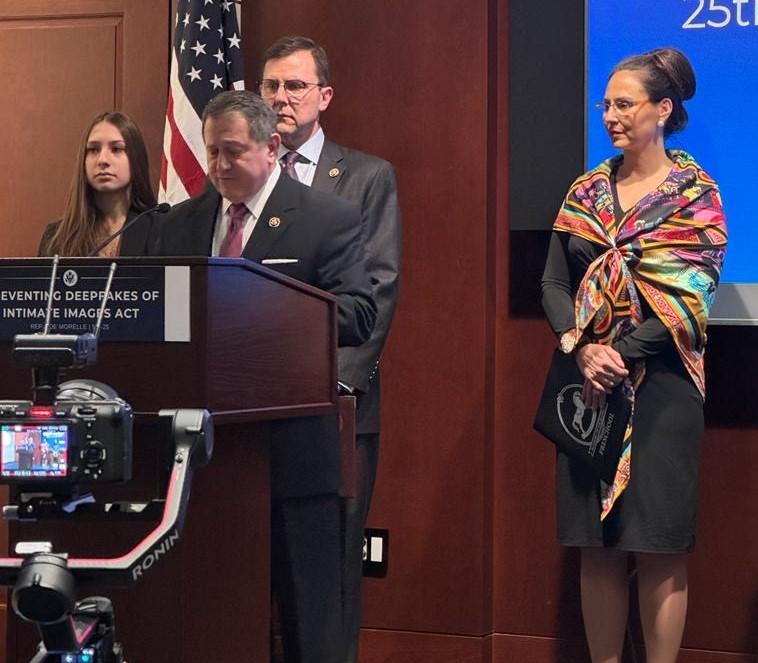Rep. Mike Gallagher (R-Wis.), chair of the House select committee on China, has called for the United States to immediately cease funding companies in China that are developing artificial intelligence (AI), the technology bringing about worldwide transformation and disruption.
Gallagher, a U.S. Marine combat veteran, who has been out front in publicizing and pushing legislation to nullify the threat China and its ruling Chinese Communist Party (CCP) pose to America, is asking for this financial pipeline to be shut down as some of the biggest and most powerful American venture capital (VC) firms, either directly or indirectly, are making significant investments in Chinese AI enterprises.





